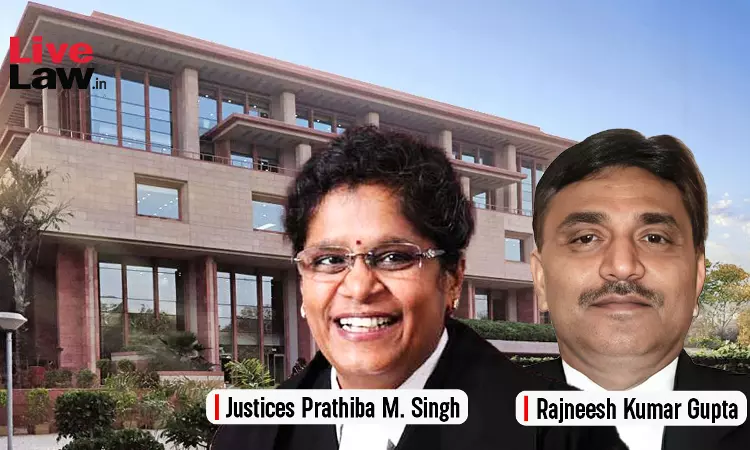The Delhi High Court has held that the penalty for GST evasion contemplated under Section 122(1A) of the Central Goods and Services Tax Act 2017, can be imposed on 'any person'— whether taxable or non-taxable.A division bench of Justices Prathiba M. Singh and Rajneesh Kumar Gupta thus differed from the Bombay High Court's decision in Amit Manilal Haria V. The Joint Commissioner of CGST &...

